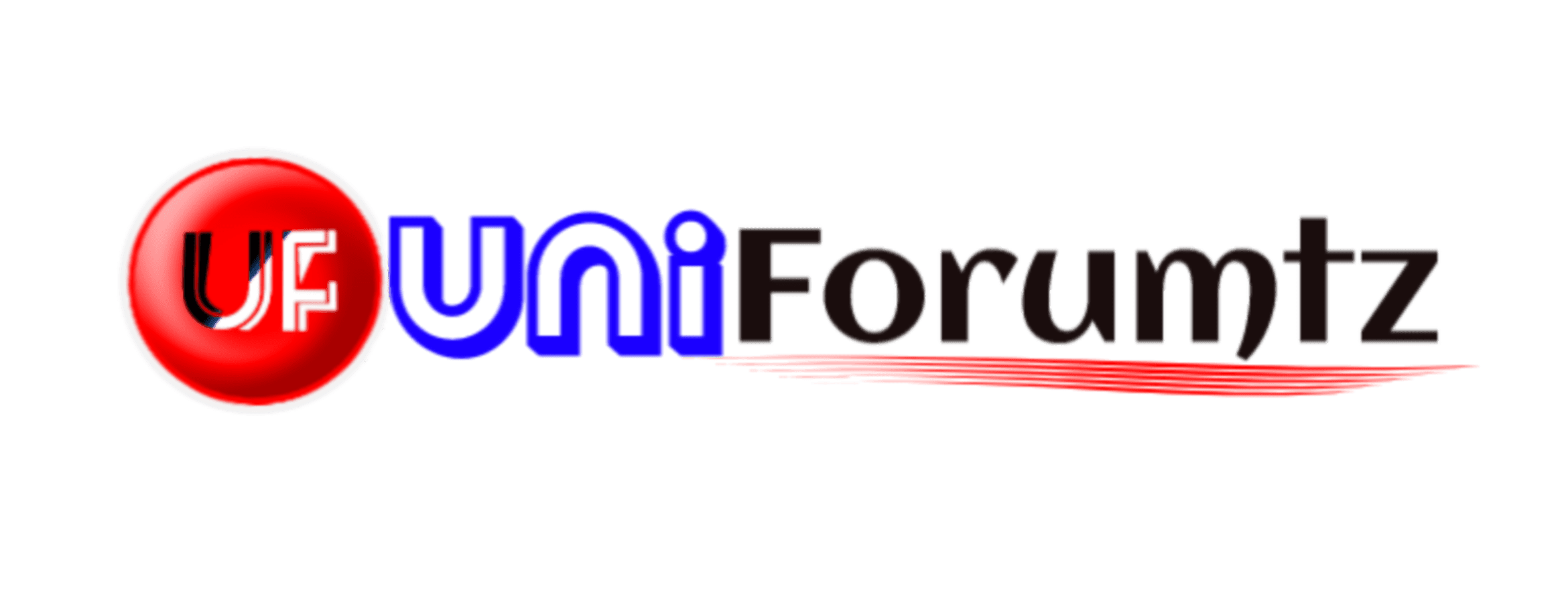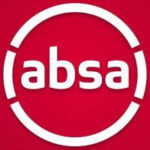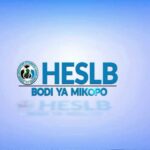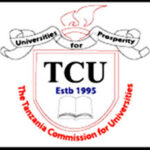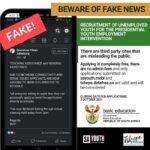Social Development Specialist at World Bank February, 2021
Description
Innovation and partnership bond the five institutions of the World Bank Group (WBG): the International Bank for Reconstruction and Development (IBRD) and the International Development Association (IDA), which together form the World Bank; the International Finance Corporation (IFC); the Multilateral Investment Guarantee Agency (MIGA); and the International Centre for Settlement of Investment Disputes (ICSID). The World Bank Group is one of the world’s largest sources of funding and knowledge for developing countries. It uses financial resources and extensive experience to help our client countries to reduce poverty, increase economic growth, and improve quality of life. To ensure that countries can access the best global expertise and help generate cutting-edge knowledge, the World Bank Group is constantly seeking to improve the way it works. Key priorities include delivering measurable results, promoting openness and transparency in development, and improving access to development information and data.
Social Development Context
The Social Sustainability and Inclusion Global Practice (SSI) addresses issues related to: (i) social inclusion of the poor, vulnerable, and the excluded; (ii) promoting accountable institutions; (iii) supporting socially cohesive communities and groups, with a focus on conflict, crime and violence prevention, as well as supporting post-conflict development; (iv) using community driven development as a tool for developing local infrastructure and delivering services; and (v) addressing issues related to social risk management, including those covered by the World Bank’s Operational Policies and Environmental and Social Framework. The SSI supports countries in addressing complex challenges in the areas of Agriculture, Climate Change, Energy, Environment and natural Resources, Transport, Urban and Rural Resilience, and Water.
Unit Context
The East Africa Unit of SSI (SAES2) provides social development support to Borrower countries in East Africa – Ethiopia, Eritrea, Kenya, Malawi, Rwanda, Somalia, South Sudan, Sudan, Tanzania, Uganda, Zambia and Zimbabwe. SAES2 manages a portfolio of SSI operations and analytics across East Africa, supports other global practices in meeting the Bank’s social risk management requirements on their operations and is responsible for quality assuring all social risk management instruments for the region.
Operational work:
As a core member of project teams, the specialist will help design projects to manage social risks and identify and opportunities to enhance the social outcomes of Bank financed operations in Tanzania. Within the project team, Social Development Specialists are responsible for classifying social risks and impacts and preparing the Environmental and Social Review Summaries as a key part of the Bank’s due diligence on a project. Moreover, specialists provide technical guidance to clients as they prepare and implement their plans to manage the social risks and impacts of Bank-financed projects in accordance with Bank policy/Standard requirements. These include legal documents such as the Environmental and Social Commitment Plan, as well as other social mitigation instruments such as Stakeholder Engagement Plans, Labor Management Procedures, Indigenous Peoples Plans, Resettlement Action Plans, Environmental and Social Impact Assessments, and Environmental and Social Management Plans as determined by social risk assessments of the project. The role includes:
– Providing technical support to government agencies in preparing and implementing of project related social risk management activities and activities to enhance the social sustainability of projects;
– Providing timely and professionally competent technical review of social assessment products prepared for other Bank Global Practices, such as Education, Health, Rural Development, Urban Development, infrastructure, private sector development, and others as needed;
– Provide cross-support to other regions and business units as required.
– Advising and participating in project teams to help develop operational designs and mechanisms to assess social opportunities, impacts, constraints and risks related to Bank supported operations; develop and evaluate proposed technical solutions, and assist in the preparation of project documentation.
Policy work:
– As needed, contribute to dialogue on the implementation of the Environmental and Social Framework with government officials, development partners, civil society, and other stakeholders, and coordinating the Bank’s relations with clients on social development.
– Participating in portfolio reviews on social development and sustainability and social risk management as required.
– Making recommendations on strategies and policy options for counterparts in local, regional and central government agencies.
Analytical work:
– Conducting and contributing to analytical advisory activities and research work on key social development issues, notably related to local governance and service delivery, inclusion and gender mainstreaming, and land property and tenure rights.
Capacity building:
– Working closely with environmental colleagues to enhance the capacity of the client to implement the Bank’s new Environmental and Social Framework for managing project risks and enhancing the sustainability of World Bank-financed projects.
– Supervising the work of consultants and technical specialists to ensure consistency and conformity to Bank standards.
Other:
– Participating in cross-practice teams responsible for the preparation of policy notes, Systematic Country Diagnostics, Country Partnership Frameworks, sector studies, and research and policy development activities on the full range of social development topics.
– Identifying potential partnerships as well as new opportunities for engagement around social development aimed at advancing social sustainability in general and social risk management in particular.
– Working as an active member of the Country Office and Country Team.
– Engaging in the Bank-wide professional community of staff in social development and social standards/safeguards by participating in thematic groups, exchanging best practices, and drafting technical notes.
Reporting:
The Consultant will report to the Practice Manager, SAES2, based in Nairobi.
They will work under the guidance of the CMU Social Development Coordinator based in Dar-es-Salaam, and under the general direction of the Lead Social Development Specialist (Regional Social Safeguards/ Standards Coordinator, based in Nairobi).
Selection Criteria
– Master’s degree or PhD in social sciences (anthropology, sociology, political economy, social development, etc.), and a minimum of five years of professional experience in social risk management sustainability.
– Experience managing social issues identified in the World Bank’s new Environmental and Social Framework. Knowledge and experience with: social assessments and analyzing social risks and impacts on different population groups; involuntary resettlement in different socio-economic contexts and tenure systems; Indigenous Peoples’ issues; coordination of transparent consultative and stakeholder engagement processes; grievance redress mechanisms, integration of relevant planning instruments such as Resettlement Action Plans and Indigenous Peoples Plans in overall project planning and implementation; labor and working conditions community health and safety; and cultural heritage. Experience in social sustainability and risk management policy development, including dialogue with governments, collaboration in these areas with other international development agencies, corporate reviews and policy development and improvement efforts;
– Demonstrated ability anticipating needs in the field and conducting independent policy discussions with representatives of the government and non-government partners to develop strategies to meet these needs.
– Experience in areas of social inclusion such as gender, sexual minorities, youth, and disability.
– Operational (task management) and analytical skills and demonstrated ability to translate analytical work into policy advice and actionable, practical recommendations will be an advantage.
– Ability to present complex social development and ESF/safeguards issues to task teams and Bank audiences, and to engage effectively with government counterparts, the private sector, project beneficiaries and civil society.
– Excellent interpersonal, problem-solving, and team skills, and ability to think innovatively and strategically to find balanced solutions to complex development problems, with a strong client focus.
– Acting with integrity at all times to build trust and to create an enabling work environment as team member.
– Very high level of energy, initiative and self-motivation; willingness to travel and work under pressure.
– Ability to work across practices, work in cross-thematic teams, and foster teamwork.
– Excellent oral and writing skills. Ability to write well in English is essential.
– Fluent in English. Fluency in Kiswahili highly desirable.
Poverty has no borders, neither does excellence. We succeed because of our differences and we continuously search for qualified individuals with diverse backgrounds from around the globe.
The deadline for submitting the application is 01 March, 2021
